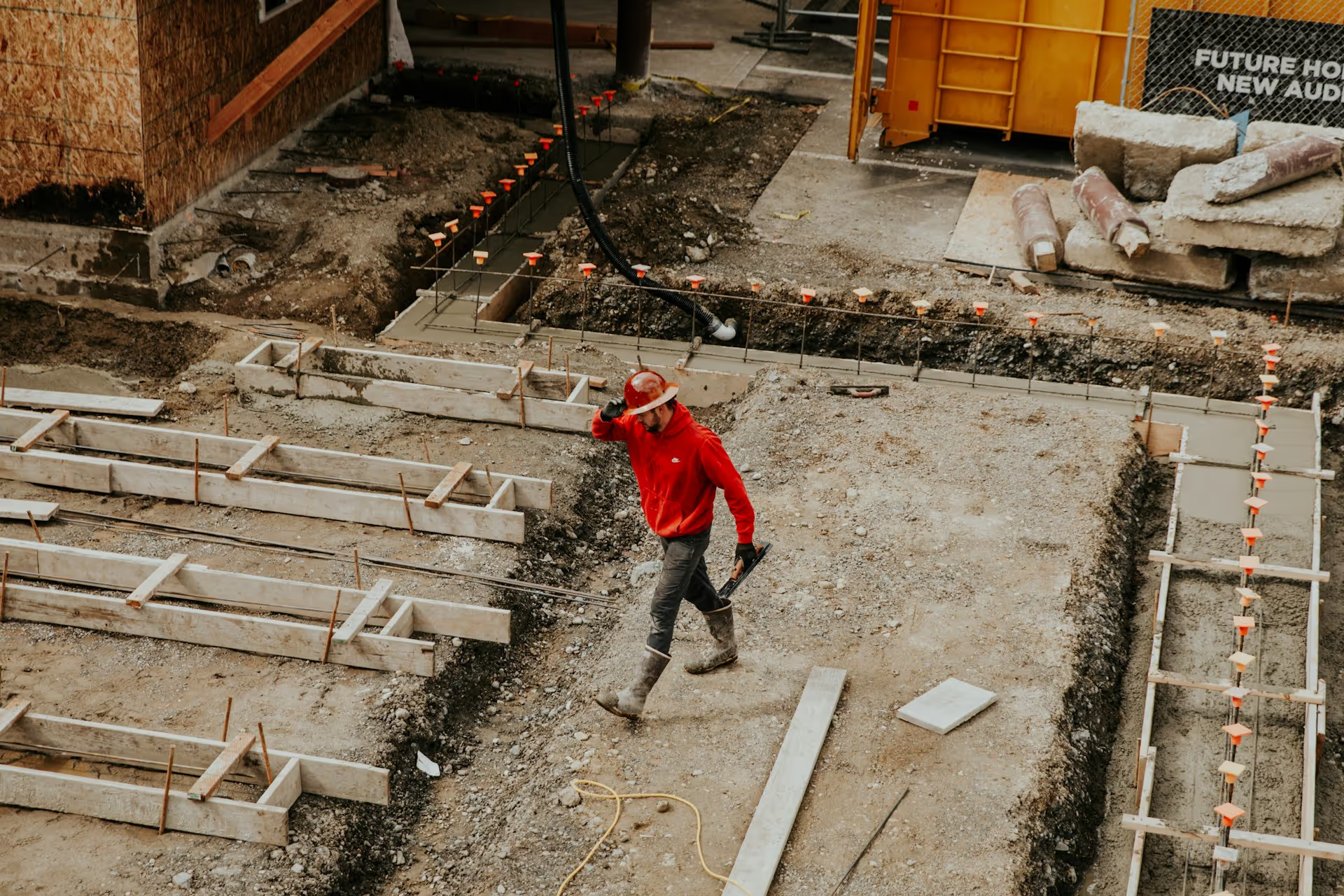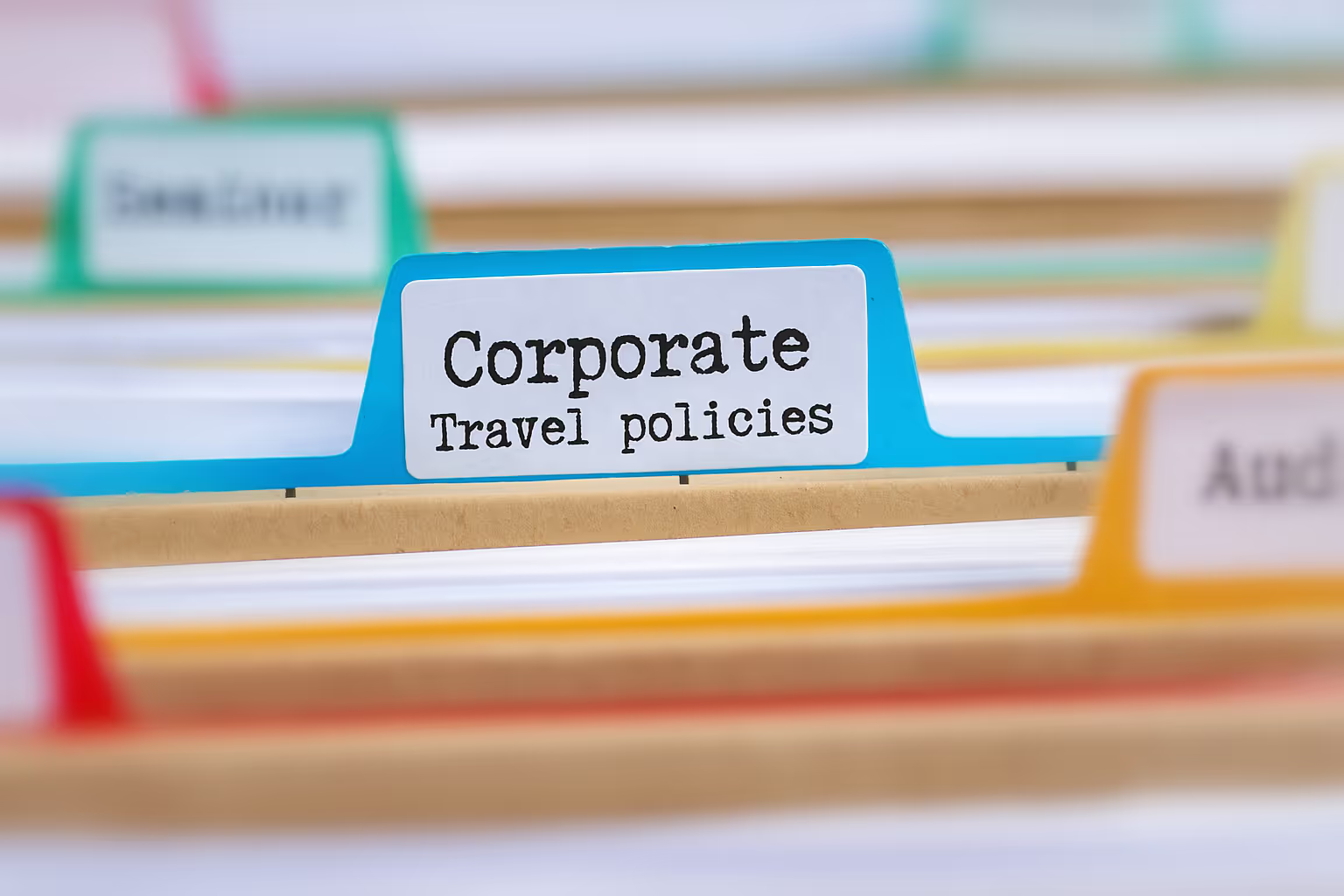Contractor Accommodation Guide to Cost and Compliance

Balancing cost, compliance, and schedule changes while housing crews who want a clean bed near the job site. Properties vanish overnight, codes shift, budgets stretch thin.
Good accommodation keeps productivity high, cuts absenteeism, and prevents legal headaches. Choose wrong and you're buying fatigue and missed shifts. Choose right and crews arrive rested, morale stays strong, budgets hold.
This guide covers what works: requirements, hidden costs, housing options, property vetting and more.
Define Your Requirements Before You Search
Jumping straight to booking sites might feel quick, but it's the fastest way to blow the budget and end up miles from the site. Spend ten minutes up-front nailing what the crew actually needs and you'll save hours of rework later.
Start by writing a simple checklist and tag each line with a custom field so nothing gets lost when rates start flying back. Your checklist needs to cover the basics that actually matter.
Pin down crew headcount and room mix—know exactly how many singles, twins, or doubles you need. Map out project duration and phased arrivals, especially if half the crew joins two weeks later.
Lock the details now, and every choice that follows—rates, cancellation terms, even morale—gets easier.
Budgeting & Hidden Costs
The nightly rate is never the real cost.
Budget hotels add cleaning charges and parking fees. Short-let platforms stack service and linen fees. Workforce camps bill Wi-Fi and laundry separately. Miss these add-ons and you'll exceed budget.
Corporate rates start around 10 percent off, with specialist contractor providers offering volume discounts and account billing instead of credit cards.
Pick the right accommodation for the job, not the cheapest headline rate.
Hotels often cost more per night but offer instant availability and daily cleaning.
Serviced apartments drop costs by 15–30 percent for week-long stays and include kitchens that help reduce takeaway expenses. Purpose-built workforce housing runs 30–50 percent under hotel rates, but privacy and amenities are basic.
Duration drives your biggest savings.
Most providers offer discounts after seven nights, and monthly blocks (28+ nights) unlock another tier. Lock in non-refundable rates when the schedule is solid. Pay extra for flexible rates when projects might slip.
Watch for extension terms.
Some properties spike rates for last-minute extra nights, and late check-outs can trigger full-night charges. Block an overrun buffer and cancel what you don't use. It's cheaper than arguing with reception while your crew waits.
Sourcing & Vetting Properties Near the Job Site
Finding beds for a construction crew isn't the same as booking a weekend away.
You need to nail the location, cost, and logistics while project timelines shift. Understanding your options helps you choose the right fit for each situation.
- Hotels—they're everywhere, bookable in minutes, and handle crew changes without drama. Perfect for short gaps between project phases or when you're still figuring out the timeline. You'll pay the most per night and the team eats out every meal, but you get daily cleaning and someone at the desk 24/7
- Serviced Apartments—Makes sense once you hit a week or longer. Rates drop 20-30% below hotels, kitchens cut food costs in half, and everyone gets space to spread out. The problem is limited inventory, so book early
- Workforce Housing—Built for crews. Bigger parking for vans, drying rooms for gear, and per-person pricing that beats hotels by half, based on contractor accommodation cost averages. Comfort is basic, so save it for large teams who care more about proximity and price than fancy decor
- Whole-House Rentals—Work best for stable crews on long runs. Three-bed houses or rural cottages where the same team shares tools, vehicles, and a BBQ. Rates vary wildly, but self-catering and free parking often beat splitting multiple hotel rooms. They vanish during peak season, so lock them down early
Once you pick a type, vet every property like you'd inspect equipment.
Check Wi-fi speed, kitchen equipment, laundry access, and whether work vans fit off-street. Security cameras, good lighting, and proper locks matter, especially in remote areas.
Watch for these red flags:
- No fire safety certificates or evacuation plans
- Only student or holiday reviews outside work season
- Host won't provide proper invoice or contract
- Hidden cleaning or service fees that double the rate
The real headache starts when you're juggling bookings across multiple platforms—double bookings, phantom properties, hosts who vanish when you need invoices, and last-minute cancellations that leave crews stranded.
This is why companies use platforms like Engine that focus specifically on construction work, with verified suppliers and guaranteed availability that eliminate most of these problems.

Booking & Managing Changes Like a Pro
Book every room you need upfront.
Reserve the full project window, even if you don't have final names yet. This kills the scramble of piecing together single nights and stops the "sorry, we're sold out" conversation that derails schedules.
When your roster firms up, swap placeholders for actual guest names. Tag every reservation with the right PO or project code—that one step turns mystery charges into costs you can track by job number.
Most crews track bookings in spreadsheets, but that's where mistakes happen. Digital tools built for project work pull every stay onto one screen. Engine's dashboard and reporting lets you stay on top of details about every trip, project, and team across your organization.
Schedules shift—weather delays concrete pours, permits stall, suppliers run behind. Smart accommodation planning means avoiding inflexible housing agreements. Flex services let you push or pull dates without penalties, paying only for nights you actually use.
When changes hit the same-day, keep a backup list within 20 minutes of site. With good planning, you can reassign rooms or get emergency housing while your team is still on the road.
Book smart, tag every stay, use tech built for jobs that move.
Compliance & Welfare Obligations
Here's what the law actually expects when you house crews.
You can't dodge non-discrimination rules. Federal contractors must make reasonable fixes for workers with disabilities under the ADA and Section 503. That might mean ramps, wider doors, or ground-floor rooms.
Occupational Safety and Health Administration handles the basics: clean rooms, solid buildings, no obvious dangers. Local codes pile on top, so check what the city inspector wants before you sign anything. California spells out an interactive process for accommodations, and that works as a model anywhere.
Legal minimums keep you out of court, but smart practice keeps crews showing up on time:
Paperwork protects you. Get written agreements covering rent deductions, house rules, and fix-it response times. Post a complaint number or QR code—anonymous works better. Log every problem, fix it fast, and keep records for three years. That file saves you in an audit.
Ignore this and face OSHA fines, contract disputes, or expensive last-minute crew moves. Projects have eaten five-figure costs because someone skipped fire-door certificates.
Tracking Costs, Invoicing & Reconciliation
Your crew accommodation bill shouldn't read like a phonebook.
Most teams still juggle hotel folios, credit-card slips, and half-filled spreadsheets. Project-code tracking fixes that mess in one move: tag every booking with the job number the moment you confirm the room.
It also lets you cross-check spending against the updated per diem rates in 2025 so finance can see you’re under the federal allowance instead of overshooting it. The spend lands in the right bucket automatically.
Stop chasing receipts. Set up direct billing with the property or run everything through a business account. Suppliers send invoices directly, batch them together, and you get a PDF bundle.

Boosting Crew Morale & Productivity
Give your crew a decent place to sleep and the job runs smoother.
Workers in clean, self-catering units close to site show up rested, on time, and ready to work. Better rest connects to fewer sick days and higher output, while long commutes and noisy digs kill productivity.
Kitchens matter more than you think. Crews who can cook their own meals skip the drive-thru, recover faster, and show up sharper. Cut the hour-long commute and you cut fatigue.
Good housing isn't just about sleep. When your electricians share a house with a living room and a barbecue pit, they talk shop, solve problems, and watch each other's backs. That camaraderie doesn't happen in hotel corridors. Keeping teams together also cuts per-diem costs.
Contractor Accommodation: Get It Right From The Start
You've got crews to move and a project clock that won't stop.
The key is having a system that works as hard as your crew does. Choose Engine, it's built for construction projects. Your crews deserve better than another night searching for rooms at 9 PM, and your budget deserves better than scattered receipts and surprise charges. Sign up to Engine for free.












.jpg)

.avif)

.jpg)






![What is an OBT? [+ Why They Matter]](https://cdn.prod.website-files.com/66a41388b1be9ba182f1e80c/66f97c4190ac5e26bea90c05_66a41388b1be9ba182f1efc0_online-booking-tool.avif)




